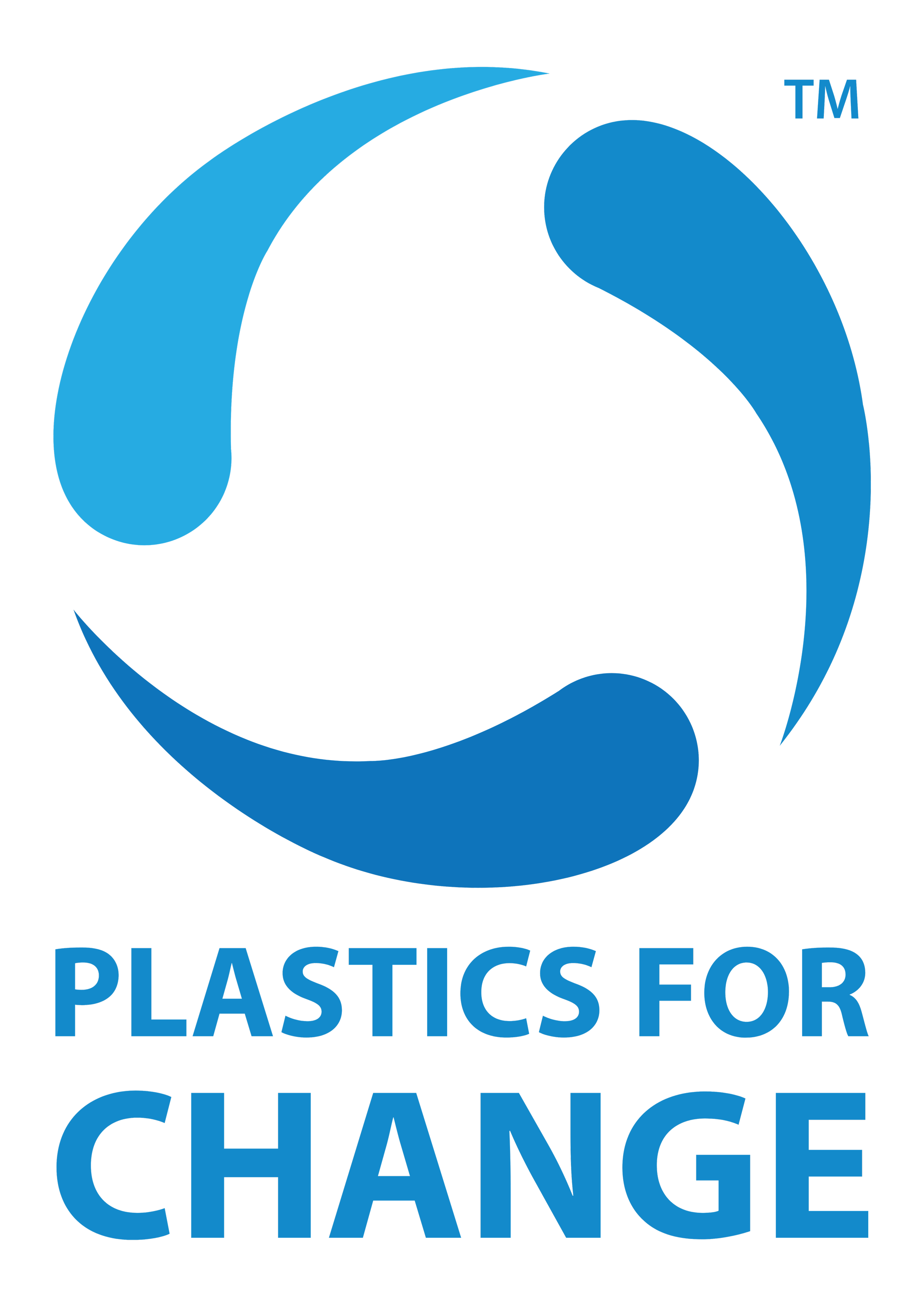INC-4: A Step Forward, But Can We Do Better?
(Source Credits: Benjamin Von Wong)
The fourth session of the Intergovernmental Negotiating Committee (INC-4) to develop an international legally binding instrument on plastic pollution, including the marine environment, took place from 23rd to 29th April 2024 at the Shaw Center in Ottawa, Canada. Despite some progress made, the issue with the reduction of plastic production remained unaddressed with various environmental groups expressing their concern about it.
Financing the Fight:
Over 2,500 delegates from 170 Member States descended on Ottawa, joined by a staggering 480 Observer organisations, reflecting the global urgency of tackling plastic pollution. A major focus at INC-4 was developing mechanisms to finance the implementation of the treaty. Here’s a closer look at the proposals discussed:
Plastic Pollution Fees: Ghana proposed a fee to incentivize the development and adoption of plastic alternatives. This proposal, however, faced opposition from nations heavily reliant on the petrochemical industry. Concerns about potential double-charging and the impact on national sovereignty was discussed.
Outcome-Based Financing: Innovative instruments like the World Bank’s Plastic Waste Reduction-Linked Bond were explored as potential funding sources. The plastic bond will provide investors with a return of capital linked to the generation of plastic waste collection credits and plastic waste recycling credits, together known as “plastic credits”. However, questions remain regarding how “outcomes” will be measured to avoid greenwashing practices.
Mechanics of the Fund: A key debate emerged on whether to utilise existing environmental funds or establish a new, dedicated fund specifically for plastic pollution. Issues of trust and governance were addressed and attempted to be resolved for effective fund management.
Missed Opportunities at INC4:
While INC-4 delivered some progress on product and design standards, it failed to address the elephant in the room - curbing the production of new plastic. This omission coincides with a significant increase in the number of fossil fuel lobbyists, 37% increase from INC-3.
Reduction Targets: Concerns arose about industry influence watering down concrete plastic reduction targets. These targets are essential for ensuring the treaty’s effectiveness.
Upstream Measures: A major setback was the exclusion of measures targeting plastic production and extraction. These upstream measures are crucial for tackling climate change and plastic pollution at its source.
Another aspect that is seemingly missing from talks on a global plastics treaty is the discussion on holding polluting companies accountable for existing waste. Studies of branded plastic pollution reveal a shocking truth: a mere 60 companies are responsible for over half of the world’s plastic pollution. While requiring these companies to cut down on plastic production is crucial, an equally important step might be to make them finance clean-up operations for the waste they’ve already created.
Looking Forward to INC-5 in Busan, South Korea:
While substantial progress remains to be made, INC-4 yielded some positive outcomes that will propel discussions forward:
Intersessional Work Groups: The establishment of two expert groups is a significant step. One group will analyse approaches to plastic products and design, focusing on reusability and recyclability. The other will delve into potential financing mechanisms for implementing the treaty. These groups, co-chaired by representatives from various countries, will convene before INC-5.
Open-Ended Legal Drafting Group: The creation of this group, composed of legal experts from member states, signifies the official launch of legal text drafting. This group will begin its work at INC-5 and provide crucial legal assessments of the draft treaty.
Compilation Document: The committee’s acceptance of a compilation document, based on preparatory work at INC-4, establishes a clear foundation for negotiations at INC-5. This document will serve as the starting point for further discussions.
Bridge to Busan Declaration: On the final day of INC-4, 28 nations – including Australia, Austria, Nigeria, and the Philippines – launched the Bridge to Busan, a declaration on Primary Plastic Polymers, reaffirming that a global treaty truly focused on plastic pollution must address production. This declaration serves as a call to action for broader stakeholder participation.
INC-4 may have left some issues unaddressed, but it has ignited a fire. The growing international momentum, intersessional working groups, and the Bridge to Busan Declaration all point towards a future where plastic pollution is tackled at its source.

